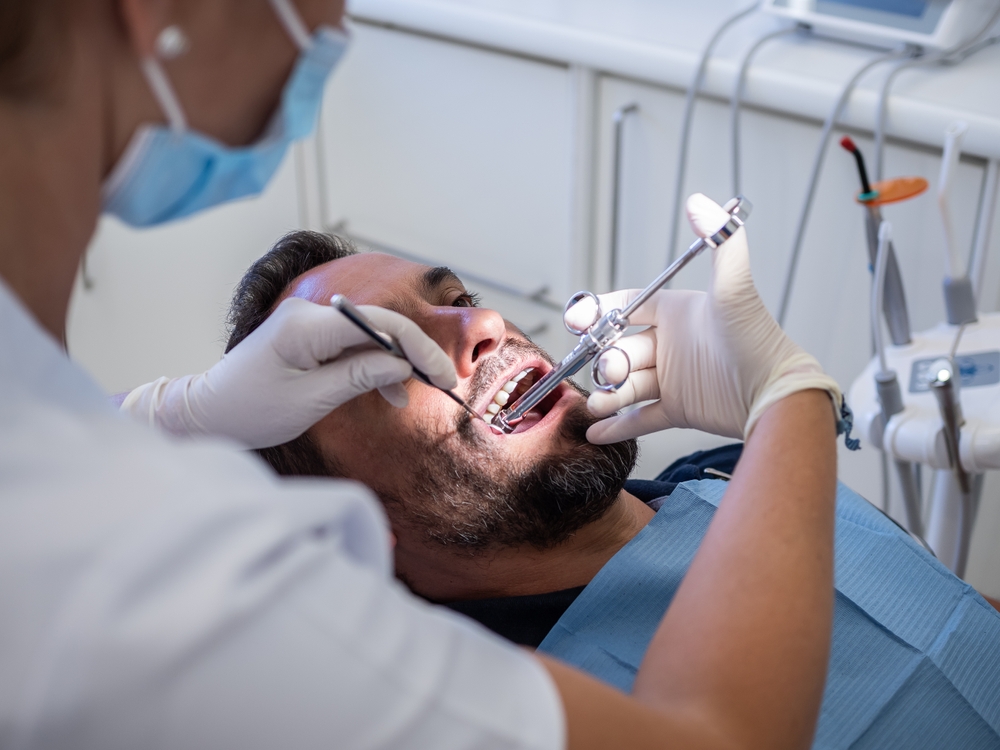Levaquin, an antibiotic manufactured Ortho-McNeil-Janssen Pharmaceuticals, a Johnson & Johnson company, has been linked to a rare form of nerve damage called peripheral neuropathy. Johnson & Johnson currently faces thousands of product liability lawsuits filed by people who allegedly developed peripheral neuropathy and irreversible nerve damage after taking Levaquin.
What is Levaquin?
Levaquin, approved by the FDA in 1996, is a member of the fluoroquinolone class of antibiotics prescribed to treat bacterial infections of the lungs, urinary tract, and skin. Despite the availability of loss costly and safer antibiotics, Johnson & Johnson and Ortho-McNeil launched strong marketing efforts to convince physicians that the drug offers patients advantages over less-costly alternatives, but because of Levaquin’s many serious side effects, fewer people now believe that its benefits outweigh the risks.
Levaquin Injuries
Levaquin and other antibiotics in the fluoroquinolone class have recently been linked to peripheral neuropathy, a disorder that occurs when nerves between the brain and body become damaged and are unable to effectively communicate with each other. There are over 100 separate and distinct forms of peripheral neuropathy, depending on which nerves have been damaged. Symptoms of neuropathy may include:
- Pain
- Burning and tingling
- Numbness
- Weakness
- Change in sensation to light touch, pain, or temperature
- Change in sense of body position
- Loss of reflexes
- Paresthesia
- Muscle wasting
- Paralysis
Levaquin Complaints
In August 2013, the FDA issued a Drug Safety Communication stating that patients treated with fluoroquinolone antibiotics, including Levaquin, had been diagnosed with peripheral neuropathy. Johnson & Johnson is currently facing thousands of product liability lawsuits filed by those who allegedly developed peripheral neuropathy as a result of taking Levaquin. The complaints allege that the drug maker did not provide adequate warnings about Levaquin’s potential to cause these conditions. According to the FDA, over 60 percent of fluoroquinolone-induced tendon injuries were related to Levaquin use.
Other Dangerous Drugs News
While Suboxone helps fight opioid addiction, it’s now at the center of a growing legal battle over severe, preventable dental harm not disclosed to patients for years.
Women across the U.S. are filing lawsuits against Pfizer after a major study linked long-term use of Depo-Provera to a fivefold increase in the risk of developing brain tumors known as meningiomas.
Women diagnosed with meningiomas after using Depo-Provera may be eligible for financial compensation, as lawsuits claim Pfizer failed to warn about the potential risk of brain tumors.
Patients who took Tepezza for thyroid eye disease and suffered hearing loss—including deafness—are now suing the manufacturer for failing to warn of these devastating side effects.
Despite growing evidence that Tepezza may cause hearing loss or tinnitus, the drug remains on the market—and lawsuits are mounting against its manufacturer.







